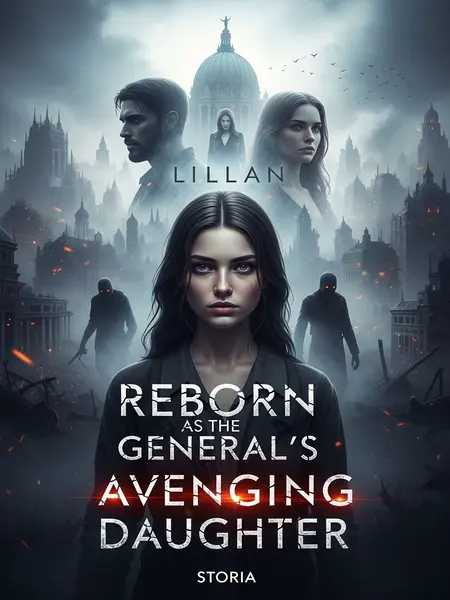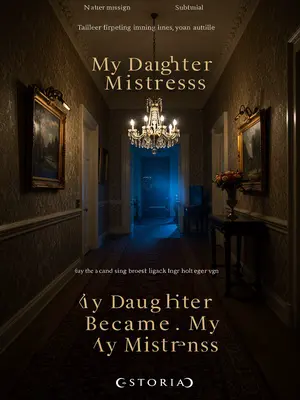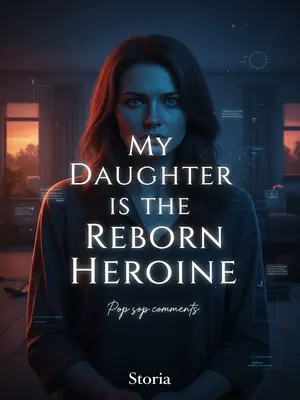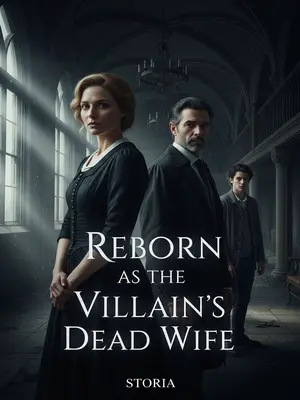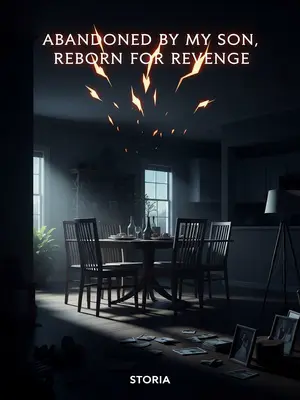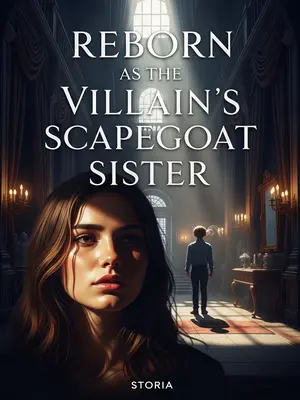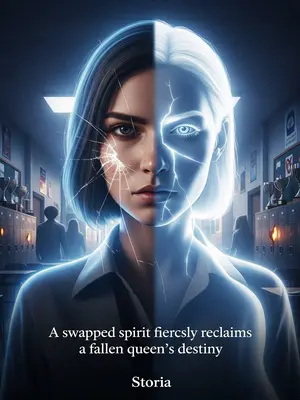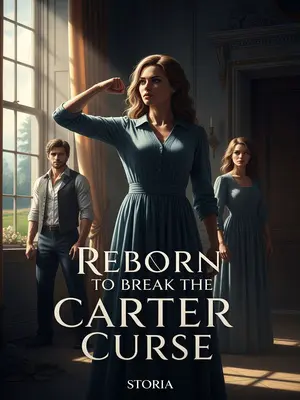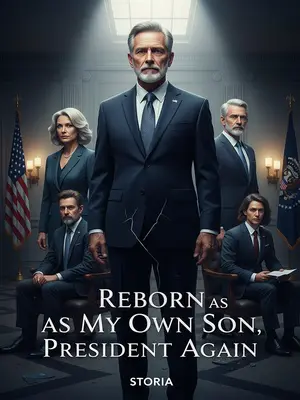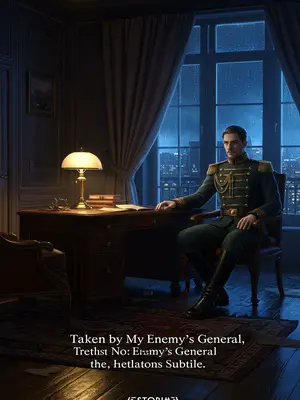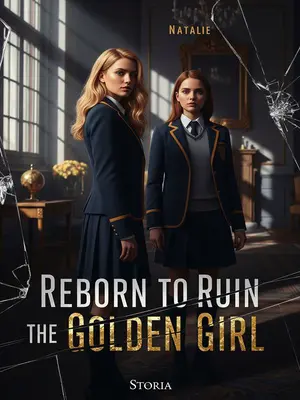Chapter 1: The Girl Who Called Me Mom
Before I could move on, a little girl started visiting my grave. She’d talk to my gravestone like I was really listening, calling me ‘Mom’ as if I might answer, and every few days she’d bring flowers and little gifts.
Seeing her always caught me off guard—her tiny sneakers crunching the gravel, the way she arranged her offerings so carefully, like some secret ritual she shared with her mother. Wildflowers in a Wendy’s napkin, a plastic dinosaur from a Happy Meal, even a Snickers bar half-wrapped in silver foil—she left them all, like treasures at a shrine. Old Mr. Crouch, the cemetery caretaker, would watch her from the tool shed and mutter, “God bless her,” under his breath.
I couldn’t bring myself to appear and tell her, "This is my grave; your mom isn’t buried here."
Sometimes, when the wind rattled the maples and the headstones glowed pale in the afternoon sun, I almost stepped out—almost. What would I even say if I stepped out? Would she scream, or just look right through me like everyone else had for a hundred years? There’s something about the hope in a child’s eyes, the way she believed, that made me ache inside. I hovered, invisible, wishing I could spare her the disappointment.
After one of her crying fits, she started coming even more, begging me to help her find her mom.
She’d kneel in the grass, voice raw and trembling, “Please, Mom, I know you’re here—help me find you. I can’t do this alone.” Her words echoed around the empty cemetery, bouncing off granite and marble. I’d see her fists clench so tight her knuckles turned white.
When I finally had news of her mother, the little girl collapsed in front of me, blood everywhere.
It was a gut punch—the kind of moment you never forget, even after decades of being dead. Her face was as pale as chalk, her hoodie soaked through with crimson. The only sound was a far-off ambulance siren, too distant to matter.
She asked, "If I die, will I be able to see my mom?"
Her voice was small and scared, like a kid calling out during a thunderstorm. The cemetery air turned thick and cold, the sky threatening rain.
I couldn’t stand it anymore. I finally told her the truth: "After your mom died, her body was destroyed, and her soul was trapped in a church, never to find peace. Even if you die, you won’t see her."
My words stuck in my throat. For the first time in maybe a century, I felt the weight of every regret I’d ever carried. She looked at me with eyes too old for her age.
She reached into the emptiness, grabbed my hand, and pleaded, her voice breaking, "My mom was a decorated Army general who protected this country. She shouldn’t have ended up like this. You have powers, and you can show up in broad daylight—please, help me save her..."
Her small hand was cold, trembling in mine. I could feel her desperation, the last little bit of hope she had left. In the sunlight, the American flag at the top of the cemetery hill barely fluttered.
Listening to her, I answered, "Alright."
It was the only thing I could offer her. It felt both enormous and not nearly enough.
Hearing this, the little girl breathed her last. I called to the Reaper and said, "I’ve decided. I won’t look for a new family. Let me be reborn in this body."
The Reaper lingered in the shadows between the graves, silent as midnight, watching me with a mix of sorrow and relief.
But as I stared at the list of families, all I could think was: What if I’m not ready to leave? What if I never will be?
